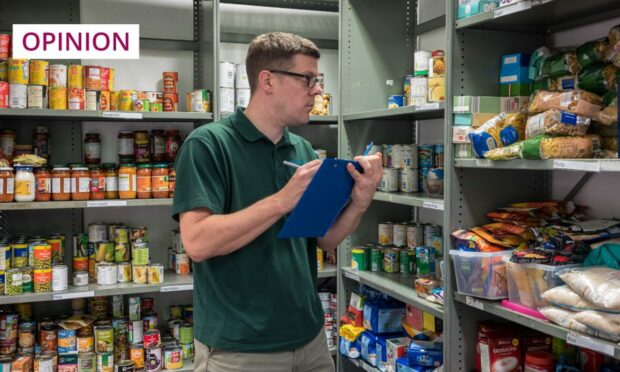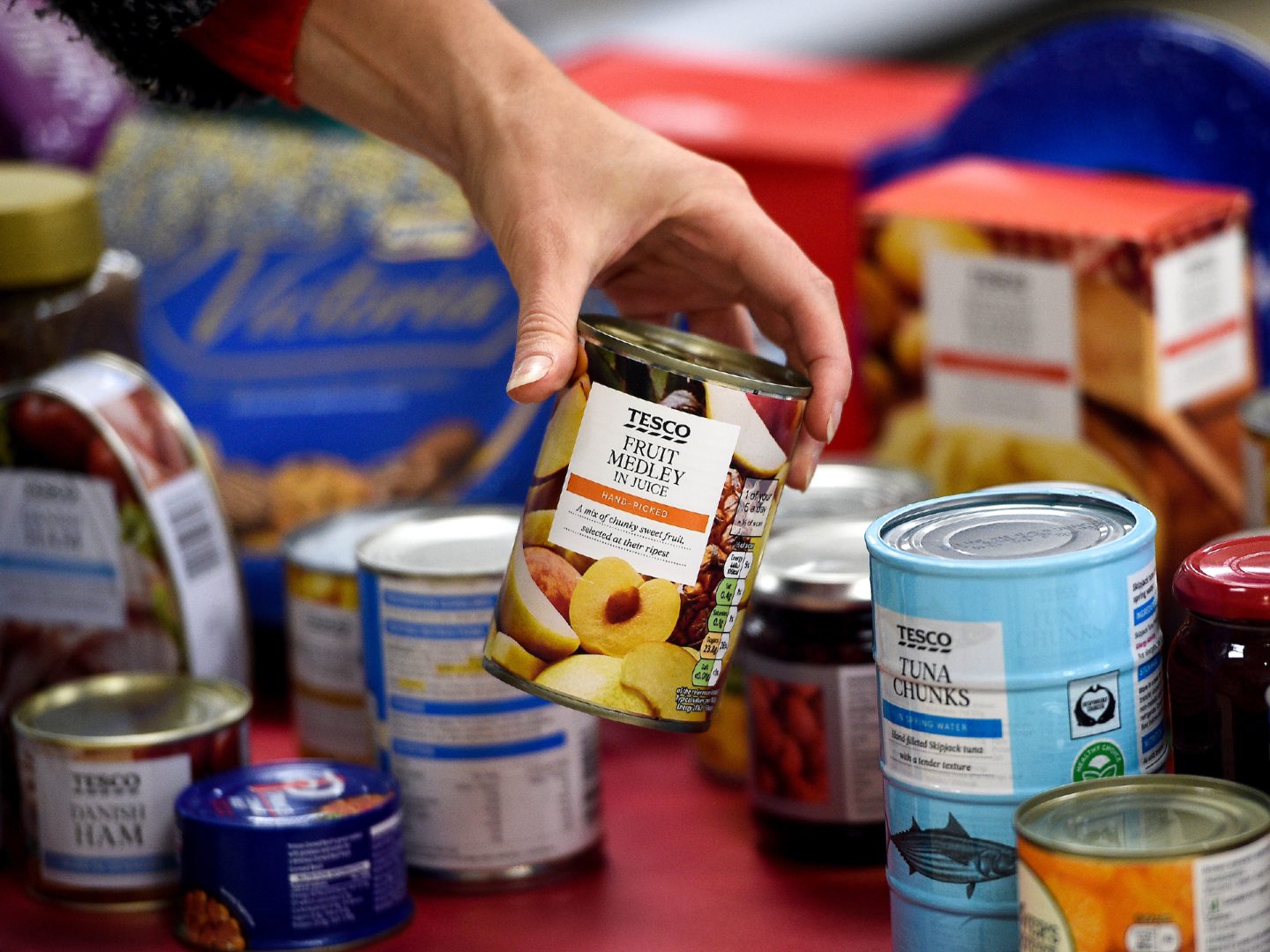Back in 2018, Philip Alston, the former United Nations special rapporteur on poverty, undertook a two-week tour of the UK.
He concluded that the Tory government had inflicted “great misery” on the people with their “punitive, mean-spirited, and often callous” austerity policies, beginning when they came to power in 2010.
Alston’s subsequent report was dismissed by the Conservatives as a “barely believable account of Britain”. But, three years on, terrifying energy and consumer price hikes are threatening to push more of the UK population into real poverty.

With the latest announcement of yet another increase of the energy price cap, the average household bill is set to reach an all-time high of £3,549.
What has happened to the social welfare safety net that used to protect our most vulnerable citizens? According to Alston’s report to the UN, this was replaced by a “harsh and uncaring ethos”.
He went on to accuse the Department for Work and Pensions of creating a “digital and sanitised version of the 19th-century workhouse” for Universal Credit (UC) benefit claimants. He stated that the roll out of UC “negatively [impacted] claimants’ mental health, finances and work prospects”.
Something isn’t right with our system
The UK has seen two major welfare shifts. The first happened after the Second World War, when the Beveridge Report proposed a radical new welfare state,
The second ideological shift came when the Tories won power in 2010. This new way was one of cutting back the welfare state, to the point of destruction. At the cold heart of government policy, there is no belief in the right to protection or security for even the most vulnerable, with £14 billion taken out of the welfare system since 2010, according to the New Economics Foundation think tank.
Regarding the so-called cost of living crisis, various Conservative MPs have pointed to work as being a vehicle out of poverty. Earlier this year, prime ministerial candidate Rishi Sunak told a Treasury questions session: “We all know the best way to make sure children do not grow up in poverty is to make sure they’re growing up in a house where people work.”
However, research from the Joseph Rowntree Foundation tells us that seven in 10 children living in poverty in the UK grow up in a working household. More than 40% of Universal Credit recipients are in work. More people are forced to use food banks than ever before, yet employment rates are rising. Something really isn’t right.
Tax the rich to save the poor
The true picture of poverty in this country is horrifying. In 2019/20, more than one in five of the population lived in poverty – one in three of those being children. And 18% of pensioners are classed as poor. It is predicted that, by 2023, as many as 16 million people could be living in poverty in the UK, according to Resolution Foundation.
Current welfare policy is nothing short of a human rights violation
Disabled people across the country are facing extremely high living costs. The Personal Independence Payment – formerly the Disability Living Allowance – which is intended to help cover disabled people’s extra living costs can be as little as £24.45 per week, and goes up to £156.90. It is not means-tested, but the amount that people receive depends on their mobility and daily living needs.
According to 2019 research from the charity Scope, additional expenses for daily living necessities – charging mobility scooters, petrol, heating and specialist or restricted diets – are £583 per month on average, rising to more than £1,000 for one in five people with disabilities.
For those who face extra living costs of more than £1,000 per month, even the highest benefit rate doesn’t cover it, and these figures are only going to go up. Inflation is already at 10.1%, and Goldman Sachs has this week warned that it will rise to over 22% next year – close to the post-war record set in 1975 – if wholesale energy prices remain at current high levels.
Food bank network the Trussell Trust estimates that more than half of all food bank users are disabled. A recent survey found that 600,000 disabled people had £10 or less to live on per week.
After 12 years of austerity and spending cuts, coupled with a frightening ideology in relation to support for the most vulnerable, is there a way back?
Of course. Many European countries offer protective welfare states.
In order to provide a safe and healthy standard of living for all, we need a fairer system of taxation. We don’t have this, but we urgently need it. Current welfare policy is nothing short of a human rights violation.
Donna McLean is originally from Ayrshire and is a mum of twins, writer and activist














Conversation